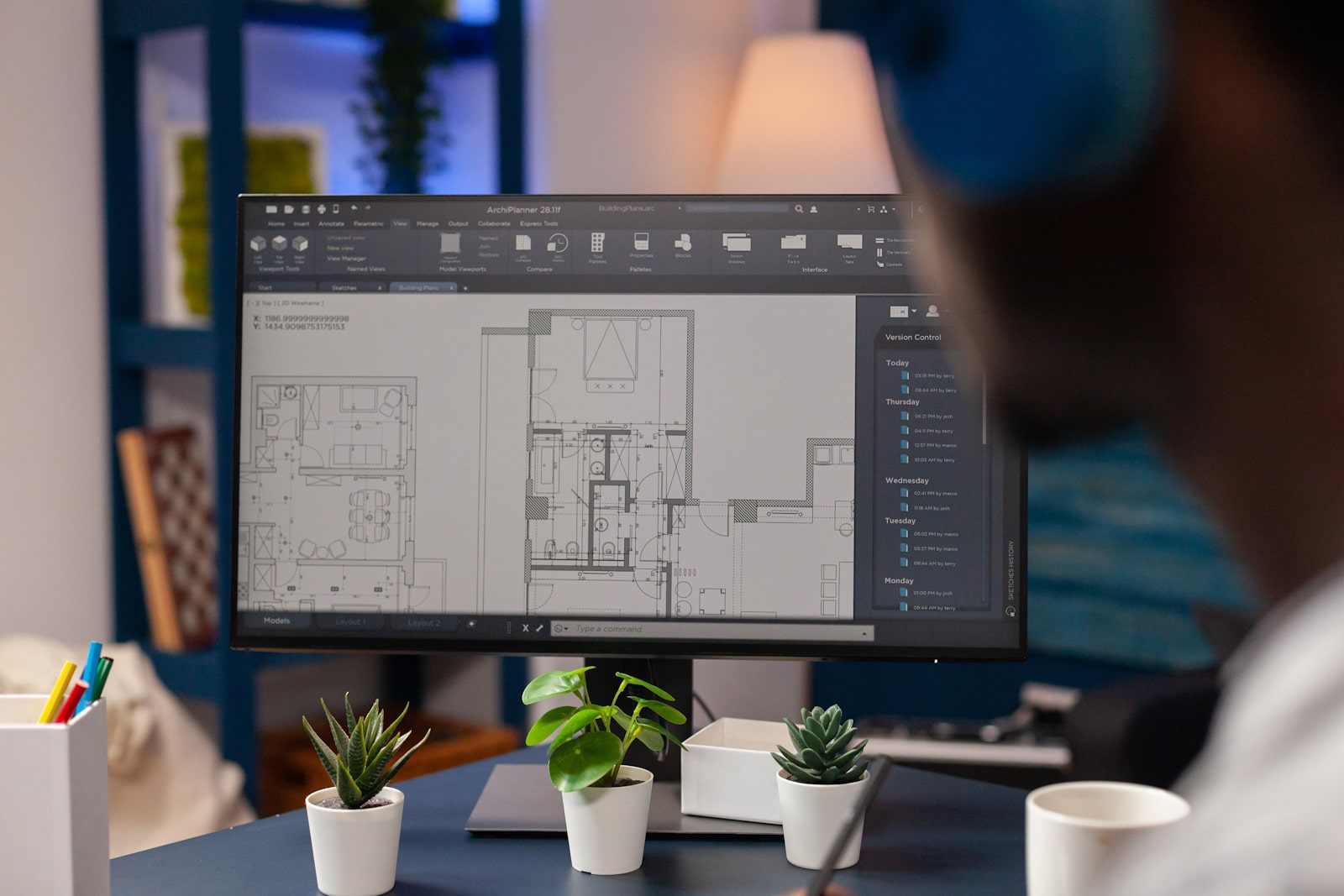
The Role of AI in Shaping Smarter, Greener Interior Companies
In today’s rapidly evolving business landscape, the integration of artificial intelligence (AI) into the design and management of corporate interiors is accelerating at an unprecedented pace. This shift is driven not only by technological advancement but also by an urgent demand for workplaces that prioritise sustainability, efficiency, and occupant wellbeing. AI is proving to be a transformative force, enabling interior companies to create corporate environments that are not only smarter and more adaptive but also significantly greener.
The Intersection of AI and Interior Design
AI’s impact begins at the design stage. Leading interior companies are leveraging AI algorithms to analyse critical factors such as space utilisation, natural and artificial lighting, acoustics, and ergonomics. This data-driven approach supports the creation of floor plans and layouts that optimise available space while enhancing user comfort and productivity. AI-powered design software can simulate countless scenarios, enabling designers to predict how spaces will perform before construction begins. This not only saves time but reduces costly design iterations and material waste.
Beyond spatial planning, AI facilitates smarter decision making by harnessing data collected from sensors embedded throughout corporate buildings. These sensors monitor occupancy patterns, energy consumption, and environmental conditions in real time. Predictive analytics then interpret this data to forecast future trends and needs, allowing interior companies to design spaces that adapt dynamically to evolving workplace behaviours.
Enhancing Sustainability Through AI
Sustainability is now a core priority for corporate interiors, and AI offers powerful tools to advance this agenda. One notable innovation is the use of AI platforms like those developed by global firms such as Gensler, which measure both embodied and operational carbon impacts of materials and building systems. These insights enable the selection of low-carbon materials and efficient systems, significantly reducing the environmental footprint of interior fit-outs.
AI also revolutionises energy efficiency and resource management in corporate buildings. Smart lighting and HVAC (heating, ventilation, and air conditioning) systems, controlled by AI, adjust automatically based on occupancy, weather patterns, and time of day. This results in optimised energy use, lowered utility costs, and reduced greenhouse gas emissions without compromising occupant comfort.
In terms of waste reduction, AI supports the development of circular design principles. Interior companies can use AI to design modular interiors that are easily reconfigured or recycled, prolonging the lifecycle of materials and furniture. Additionally, AI systems track the lifecycle of furnishings and components, helping facility managers plan maintenance, repurposing, or recycling, thus minimising waste sent to landfill.
Improving Occupant Wellbeing with AI
Wellbeing has become a crucial focus for interior companies, with AI-enabled environments playing a pivotal role. Sensors monitor indoor environmental quality metrics such as air quality, temperature, humidity, and noise levels. When these parameters deviate from healthy ranges, automated systems intervene promptly to restore optimal conditions. This proactive management helps prevent common workplace issues such as fatigue, allergies, and stress, fostering a healthier and more productive workforce.
Moreover, AI enhances personalisation within shared workspaces. It can adjust lighting, temperature, and even workstation settings according to individual preferences and work patterns. This degree of customisation creates adaptive spaces that cater to diverse employee needs, boosting comfort and efficiency.
Case Studies and Industry Examples
Industry leaders like Turnkey Interiors are embracing AI to deliver smarter, greener corporate interiors. Turnkey’s integration of AI tools has enabled measurable improvements in energy efficiency and occupant satisfaction across numerous projects. For example, by employing AI-driven building management systems, one corporate office reduced its energy consumption by over 20% within the first year.
Globally, interior companies utilising AI platforms like Gensler’s carbon impact tool have reported significant reductions in embodied carbon through smarter material choices. The ability to monitor and optimise energy use in real time has also translated into substantial cost savings and lower carbon footprints for corporate clients, while enhancing employee comfort and productivity.
Challenges and Considerations
Despite its promise, the adoption of AI in corporate interiors does come with challenges. Data privacy and security remain paramount concerns. Interior companies must ensure occupant data collected via AI sensors is securely stored and ethically used, respecting privacy and consent.
The complexity of integrating AI into existing buildings can also be a hurdle. Retrofitting older interiors with AI systems requires careful planning and collaboration across disciplines, including designers, engineers, and IT specialists.
Cost is another consideration. While the initial investment in AI technologies can be significant, the long-term savings in energy, maintenance, and improved employee wellbeing often outweigh upfront expenses. Moreover, scalable AI solutions are increasingly accessible, enabling companies of various sizes to benefit from smarter interiors.
The Future Outlook
Looking ahead, emerging AI technologies promise to further revolutionise interior companies’ capabilities. Advances in machine learning, augmented reality, and the Internet of Things (IoT) will deepen integration between design, operation, and sustainability. AI will become a critical tool in helping corporations meet increasingly stringent environmental, social, and governance (ESG) targets.
The potential of AI to drive circular economy models in interior design is particularly exciting. Future AI systems may fully automate materials tracking and reuse, closing the loop on interior fit-outs and dramatically reducing environmental impact.
Conclusion
AI is reshaping corporate interiors in profound ways, driving smarter, greener, and more responsive workplace environments. For interior companies, embracing AI is no longer optional but essential for meeting today’s sustainability and wellbeing goals. By integrating AI tools and insights, we can create future-ready offices that optimise space, reduce carbon footprints, and enhance occupant comfort and productivity.
At Turnkey Interiors, we are committed to leveraging AI-driven solutions to deliver these benefits for our clients. Together, we can build smarter, more sustainable corporate interiors that meet the demands of tomorrow’s world. Get in touch with us today.



Leave a Reply